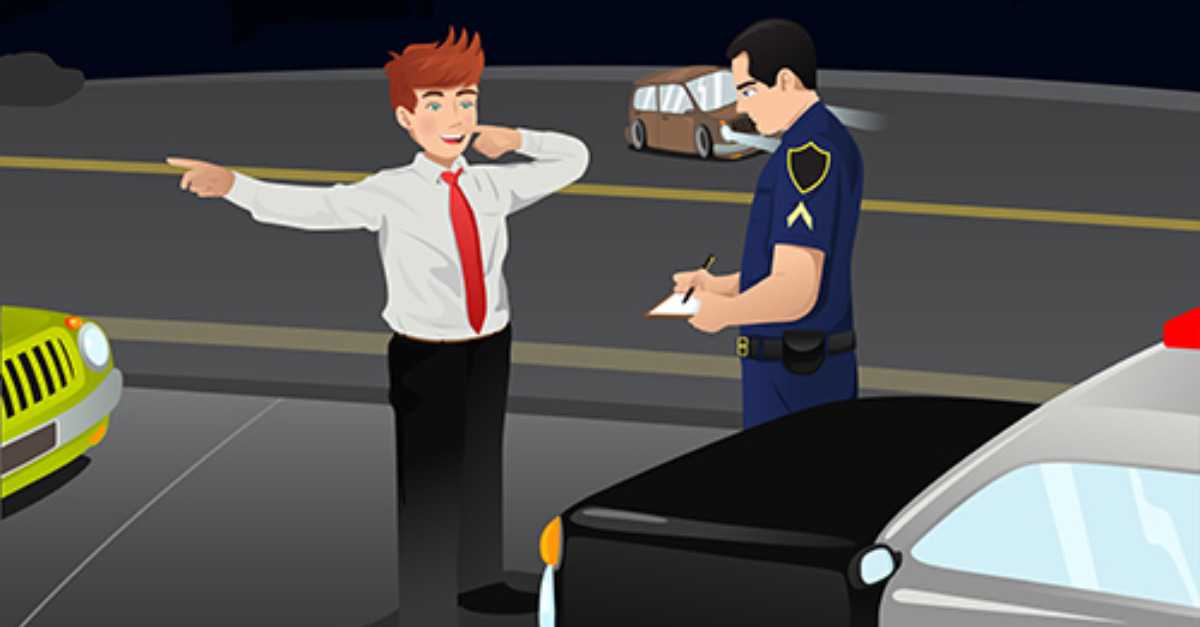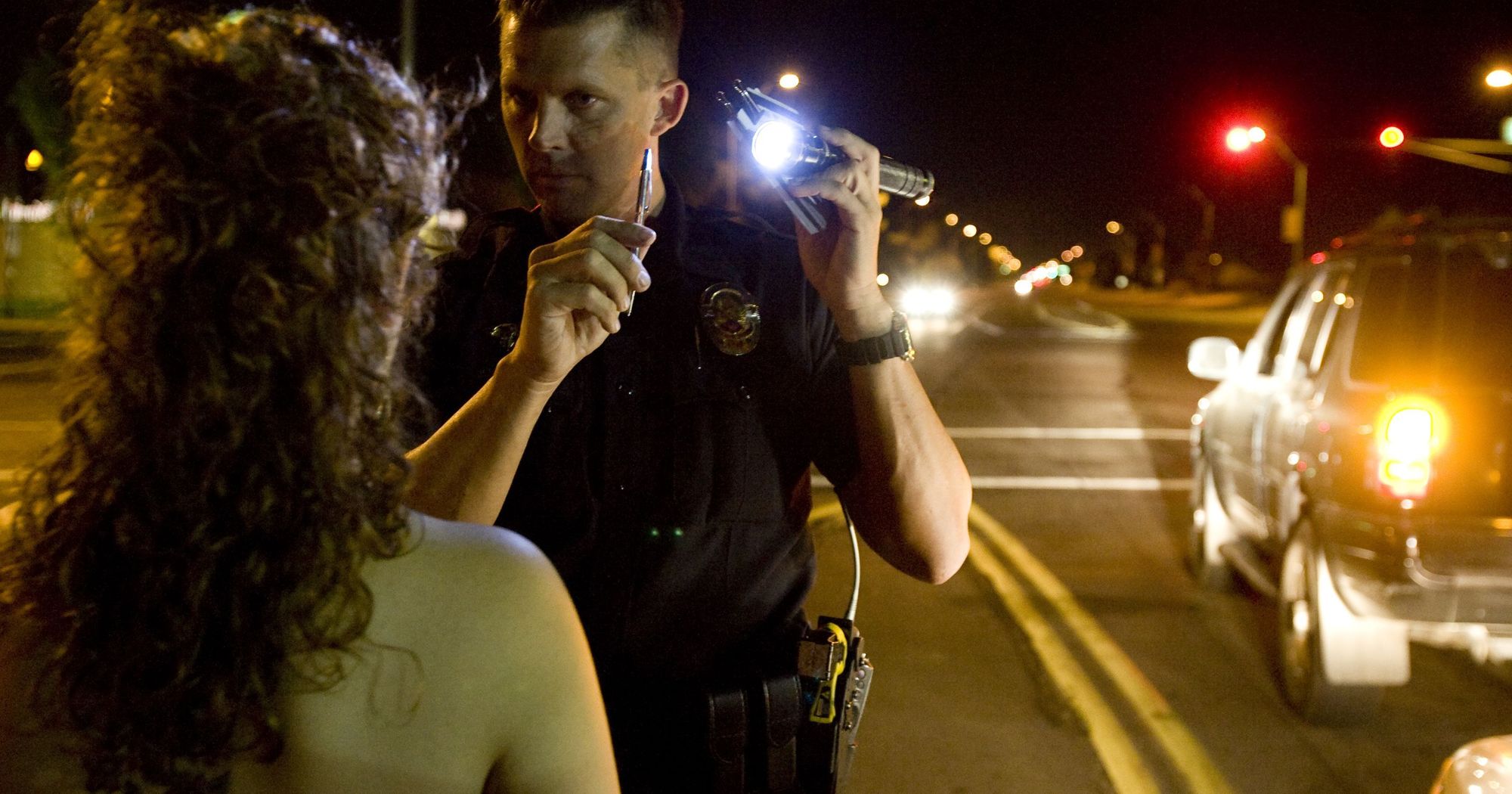The Right to Consult Counsel During an Arizona DUI Investigation
I have seen many cases where a person is being detained prior to arrest in the Field Sobriety Test stage of a DUI investigation where the person asks to speak with an attorney, but the police say “ Not now. You can do that later.” Today we look at Arizona and other caselaw to answer the question:
Does the Right to Assistance of Counsel in a DUI Investigation Attach Prior to Formal Arrest?
According to Arizona Supreme Court caselaw and commentary a person has the right to consult with counsel during a DUI investigation , whether a person is in custody or not. In a much cited case, State v. Kunzler 154 Ariz. 568 , 569 (1987), the Arizona Supreme Court sitting en banc observed at the outset
“ We start with the premise that a person is always entitled to the assistance of an attorney whether in custody or not. Of course, if he is not in custody ,he may exercise the right when and where he wishes. If he is in custody, he may still exercise his right to an attorney and the state may not unreasonably restrict that right.” 154 Ariz. 568, 569 (1987) (en banc) (holding that DUI defendant is entitled to confer with an attorney before deciding to take chemical test).
Moreover, subsequent Supreme Court caselaw reaffirms that principle in Kunzler. In State v. Juraez, 161 Ariz. 76, 80 (1989. There, the Arizona Supreme Court, again sitting en banc cited Kunzler again stated: “We [again] start the with premise that a person is always entitled to the assistance of an attorney whether he is in custody or not. Of course, if he is not in custody, he may exercise that right when and where he wishes, If he is in custody, he may still exercise his right to an attorney and the State may no unreasonably restrict that right.” State v. Juraez 161 Ariz. 76, 79-80 (1989 (en banc) (holding that in DUI cases right to call an attorney before taking chemical tests and remanding). Moreover, where the defendant asks to speak with counsel during a DUI investigation “[t]he Stated had to show that consulting with an attorney would have disrupted the investigation.” Id.
Moreover, commentators have interpreted Kunzler and Juarez to expand the right to counsel in Arizona DUI cases to investigatory pre-arrest stages:
“There is one exception to the general rule that the Sixth Amendment right attaches upon the filing of criminal charges: during an investigation for driving under the influence. The Arizona Supreme Court has held that except when doing so would impede the investigation, a DUI suspect or arrestee who requests the opportunity to speak with an attorney must not be denied that right regardless of whether charges have been filed.1 In doing so, it relied first on Arizona Rule of Criminal Procedure 6.1, which “recognizes the federal and state right to counsel,” and later on “the sixth amendment of the United States Constitution and article 2, section 24 of the Arizona Constitution.”
15 Arizona Practice § 11:11 Violation of Right to Counsel (West 2023) (emphasis added)
Finally, the Arizona Court of Appeals relied specifically on Kunzler in State v. Rosengren to hold that interference with right to counsel in a DUI investigation prior to formal arrest was violative of rights. 199 Ariz. 112, 115 (App. Div. II 2000).
In Rosengren, the defendant was involved in an accident that resulted in the death of his passenger. 199 Ariz. at 115. Rosengren, prior to formal arrest, was transported to St. Mary’s Hospital, in Tucson and asked to speak with his father who was an out of state attorney. The police denied such request. Id. After Rosengren requested to speak with his father an out of state attorney, and police declined to so allow , police then administered a Field Sobriety Test known as horizontal gaze nystagmus test. After administering such test, police placed Rosengren under arrest and drew his blood. Id.
The State ultimately indicted Rosengren for manslaughter. Rosengren moved to suppress the results of both the field sobriety test (HGN) and the blood results. Following an evidentiary hearing, the trial court found that police had violated Rosengren’s “right to consult with counsel of his choice in a situation where such would not interfere with the investigation” Id. at 115. The trial court then suppressed the results of the blood test and the HGN test. Id.
In affirming the trial court’s order suppressing the HGN and blood test result evidence for improper interference with the defendant’s right to consult with counsel prior to arrest, the court in Rosengren reasoned that suppression of evidence is the appropriate remedy in part because “our supreme court has stated that when the state unnecessarily denies a defendant right to consult an attorney, any evidence obtain following this violations of defendant’s right to counsel must be suppressed.” Id. at 120 quoting Kunzler, supra, 150 Ariz. at 570.
State ex rel. Verburg v. Jones
Note that DUI prosecutors often cite an appellate case State ex rel Verburg v. Jones for the proposition that the Standardized Field Sobriety Tests, (HGN, Walk and Turn, One Legged Stand) are “not voluntary,” but rather compulsory, and that a subject’s refusal to participate is admissible in court as evidence of consciousness of guilt. 211 Ariz. 413, 415 (Appl Div. I 2005).
But if the prosecutor raises such argument, the defendant and her attorney should be cognizant of the following reply: Since the Standardized Field Sobriety Tests are according to the prosecutor’s interpretation of not voluntary according to Verberg, Kunzler, Juarez and Rosengren should apply with special force, to suggest that a person who asks to consult counsel before agreeing to take the Standardized Field Sobriety Tests, should be allowed access to counsel to make such decision, so long as doing so will not unreasonably interfere with the DUI investigation. In sum, in light of Verberg, declining to allow a defendant to consult with counsel prior to making a decision about taking the Field Sobriety Tests violates Kunzler and Juarez, and Rosengren.
Moreover, once a court determines that the right to counsel applies, the State carries the burden to establish that such access would unreasonably interfere with the investigation. In many DUI field detention situations the State will have a tough time meeting that burden, at least in my opinion.
Conclusion
I hope this short article helps those of you who may have asked for counsel during a DUI investigation.
Recommended Articles

Driving under the influence (DUI) is a serious crime in Arizona. If you have been arrested for DUI, it is important to understand your legal rights.

This blog will address what you can do to win a DUI case for parked cars and how to avoid, hopefully even getting charged.

The Supreme Court in a 9-0 opinion held that when a minor offense alone is involved, police officers can't enter the home without a warrant.

First, let’s figure out what kind of DUI it is. They’re usually misdemeanors unless there’s been an accident.

Today we’re going to talk about parked cars. Police sometimes approach you when you’ve legally parked a vehicle and are using it as a stationary shelter.

About Michael Harwin
Michael’s skill and experience have been recognized repeatedly. He holds an A-V 5/5 preeminent rating by Martindale Hubbell. He has been named one of the top lawyers in Arizona by Southwest Superlawyers, and one of the best lawyers in Tucson by Tucson Lifestyle Magazine. He also has been named one of the best lawyers in the United States by BestofUS.com , and given the highest rating possible by AVVO, 10/10 Superb. Amazon Books




